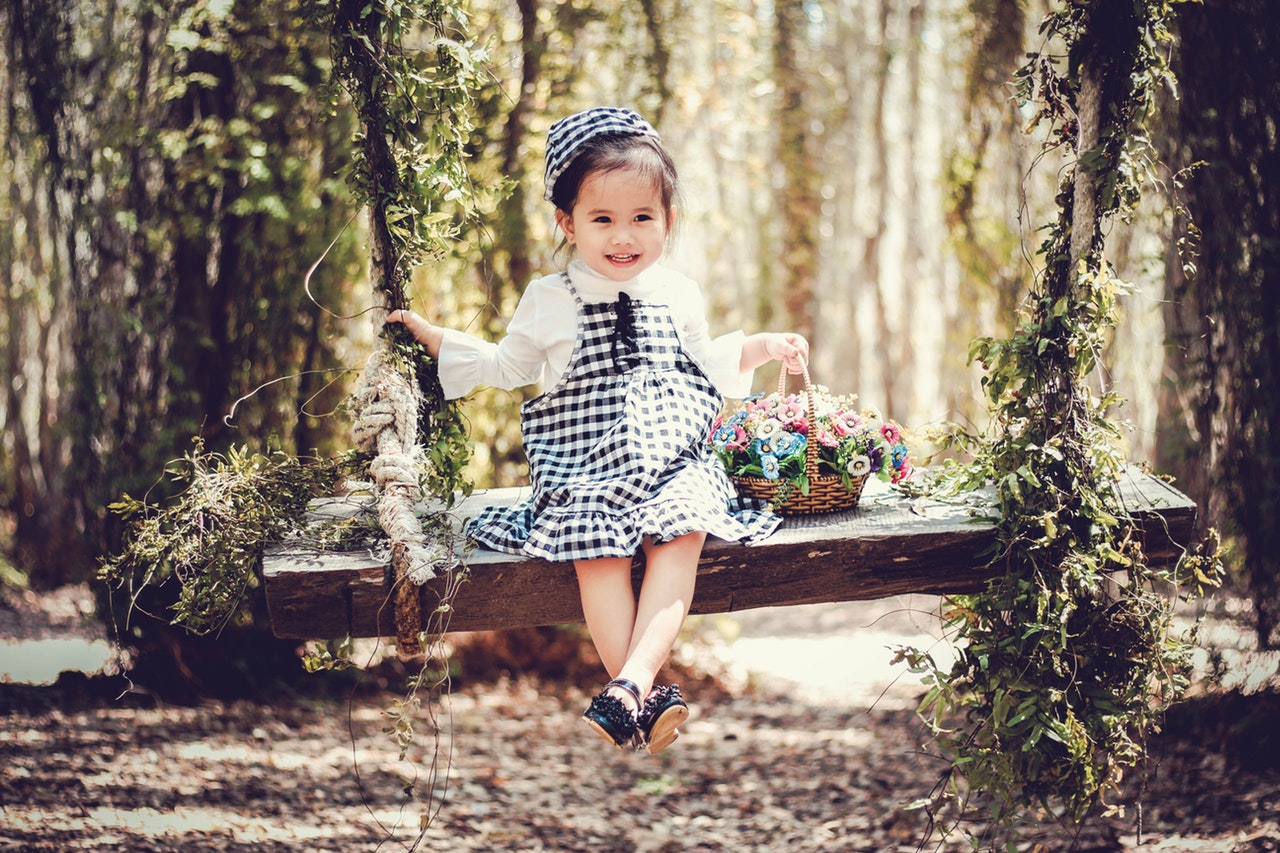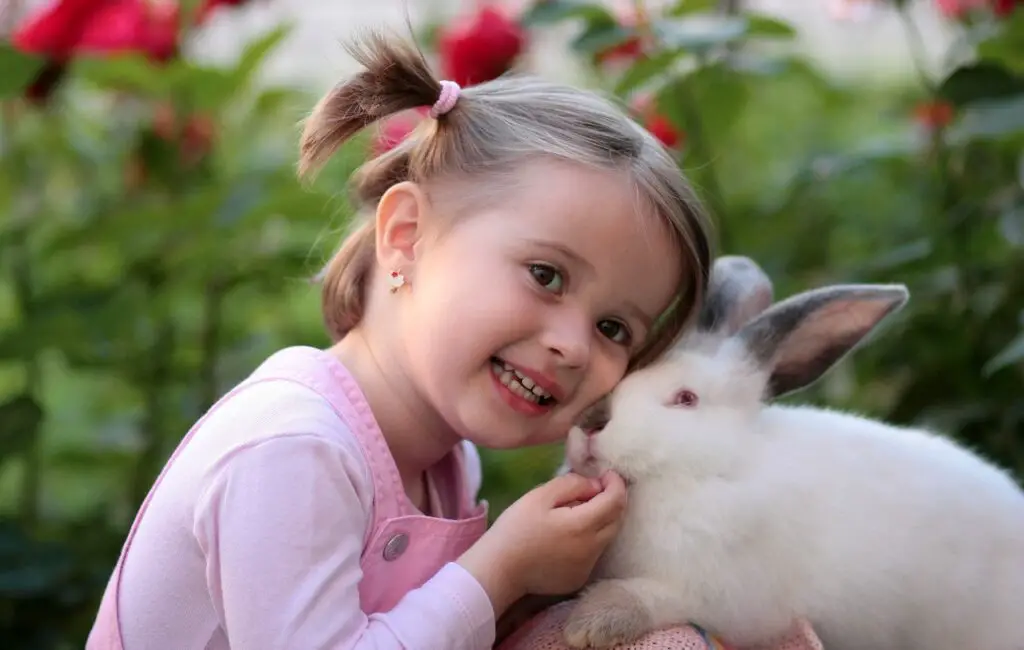
Healthy teeth and gums are necessary for a child’s school-age and also for general health.
By the age of three, your child will have all set of 20 teeth. After this, a baby tooth starts to fall out, and an adult permanent tooth takes its place. This adult tooth starts developing inside the baby’s jawbones after birth. Children usually start losing their baby teeth when they are six years of age. All of the teeth will get replaced by the age of 12 except wisdom teeth.
These adult teeth are permanent and cannot be replaced, so you have to take care of them.
If your child’s baby teeth came late, the adult teeth might come late too.
When adult teeth are coming through, your child might find difficulty in chewing.
Do not pull out the tooth, let the tooth lose and fall out on its own. Pulling out a tooth can cause severe pain and infection.
Sometimes an adult tooth might come before the baby tooth has fallen out. Do not need to worry. But, if the baby tooth hasn’t fallen out within 2-3 months, see your dentist.
Losing teeth is sometimes very painful. You can help your child feel better about it by celebrating every time a tooth falls.
Teeth Care Tips for 3-8 yr old Baby’s

• Clean your child’s teeth twice a day.
• Brush your child’s teeth twice a day i.e. in morning and night.
• Until your child turns six, use a small amount of low-fluoride containing toothpaste on a small toothbrush. After they turn six, you can allow them to use a regular adult fluoride-containing toothpaste. If a child takes in too much fluoride, it can cause white marks on the teeth.
• At this age, your child starts to clean their own teeth. But, it will be good if you either start or finish the brushing process. Your child needs to learn to do it properly until they are at least eight years old.
• Ask your dentist about whether you need to floss your child’s teeth or not.
• You should encourage your child to rinse their mouth with water after having lunch and snacks. This will wash away any food particles or sweet product in their teeth which might cause tooth decay.
• Avoid giving sugar products and give them healthy foods.
• Use a child’s toothbrush which is small and has soft bristles which help in cleaning your child’s teeth and gums properly.
• Dental sealants are thin, plastic coatings which are applied to the chewing surfaces of teeth to help prevent tooth decay.
• Make sure that all the brushes of family members don’t touch each other.
This reduces the risk of spreading germs and causing decay into your child’s mouth. Do not share toothbrushes with family members; therefore buy a set having different colors of brushes.
Click to know – Teeth Care Tips for 1-3 yr old Baby’s
• You should replace toothbrushes every 3-4 months, or when the bristles get frayed.
• Do a regular checkup with your dentist.
• Ask your child to brush their teeth for a minimum of 5 minutes and do not rush.
• After cleaning your child’s teeth ask them to wash the brush with tap water. Keep the toothbrush in an upright position in an open container to allow it to air-dry.




